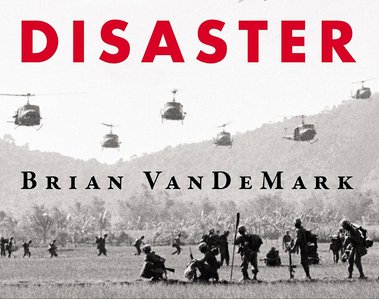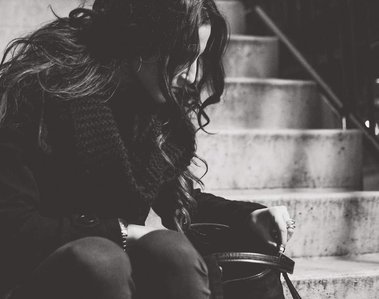Selected Essays
I've written for a wide variety of publications over the past fifteen years -- The Spectator, The Times Literary Supplement, The Article, The Boston Globe, The Literary Review of Canada, The San Francisco Chronicle, The Globe and Mail, The Walrus -- as well as for my own blogs and online journals. The following is a selection of recent and older pieces.
All of nature in a village in Norfolk
The "global epic" style of environmental storytelling favoured by outlets like the BBC has its place, but Mark Cocker's collection of daily field notes, which span a year in the interconnected natural life of a small community in England, demonstrate that to understand nature properly you need to start with a sense of focus -- and a simple, personal desire to observe.
Northern Ireland and its peace
This spring's killing of the young Northern Irish journalist Lyra McKee by the New IRA prompted a wave of public condemnation. But the province's history -- and that of other states afflicted by civil strife -- indicates that majority support for violence is never a requirement for the resumption of conflict. The province's politicians have work to do to consolidate the peace.
Sea power and its champions
Mastery of the oceans has long held fascination for grand strategists, yet its impact on the political development of the states that pursue it has rarely been plumbed. By studying maritime states like England, Venice, and the Dutch Republic, historian Andrew Lambert builds his case that sea power and political freedom uniquely bolstered each other. His case is not entirely convincing, however.
Road to disaster
There is nothing that so prompts recriminations and re-examinations as a lost war -- and the American loss in Vietnam was a particularly painful wound. In his own post-mortem, Brian VanDeMark focuses on the decision makers and decision making that lead to this traumatic conflict, but his reliance on behavioural psychology raises more questions than it answers.
Children and the things we fear
When it comes to children, our society is growing ever more risk-averse -- yet given today's dynamic, fast-changing economy, there's never been a more important time to raise resilient, pro-risk kids. Two books address the questions of how our built environment helps determine the character of our children, and of whether changing our view of childhood itself can transform its potential.
A city in all dimensions
Todd Webb's images of post-war New York City show not only the physical dimensions of a growing metropolis, but the social realities of a difficult transition to peacetime.
Tidiness, the state, and us
Urban messiness is a trigger for all manner of negative emotions -- a phenomenon that authoritarian governments have learned to exploit.
How to get into a pantheon
Once reserved for the immortal gods, the concept of a pantheon has undergone significant change over the past two millenia -- driven by nationalisms, rivalries, cultural change, and increasingly, public enthusiasms.
A garish white light
Writing seems so simple, just a matter of placing one word after another. So why is it so hard for us to write what we really mean?
Magnetic suns and moth balls
In James Gray's film "Two Lovers", a man badly in need of rescue ignores his potential rescuer while finding himself incapable of rescuing someone even worse off than himself.
A glimpse of beauty
Amid the infinite cornucopia of enticing images served up to us at our whims, we are often attracted most to those images of beauty that dote on us the least.















